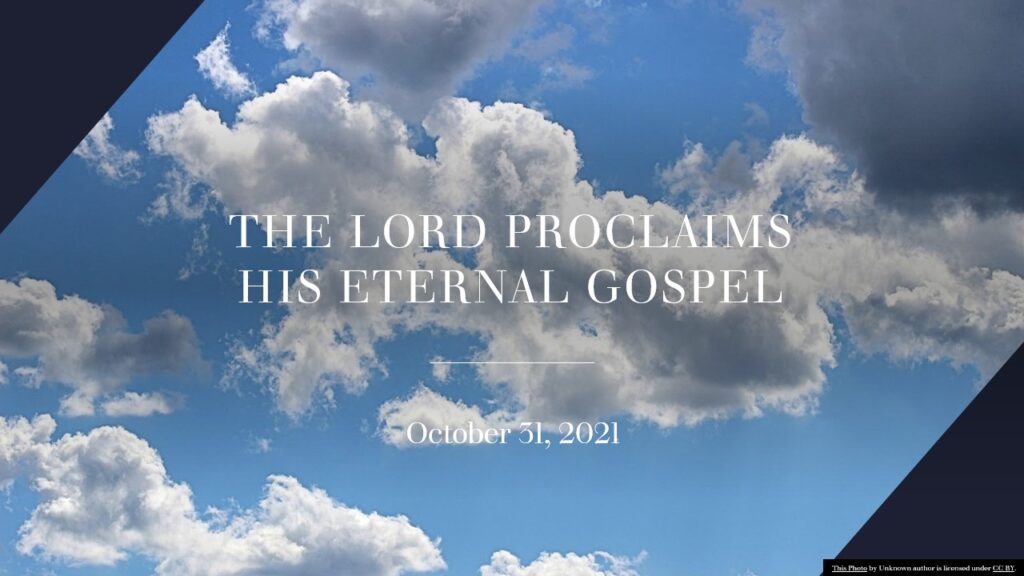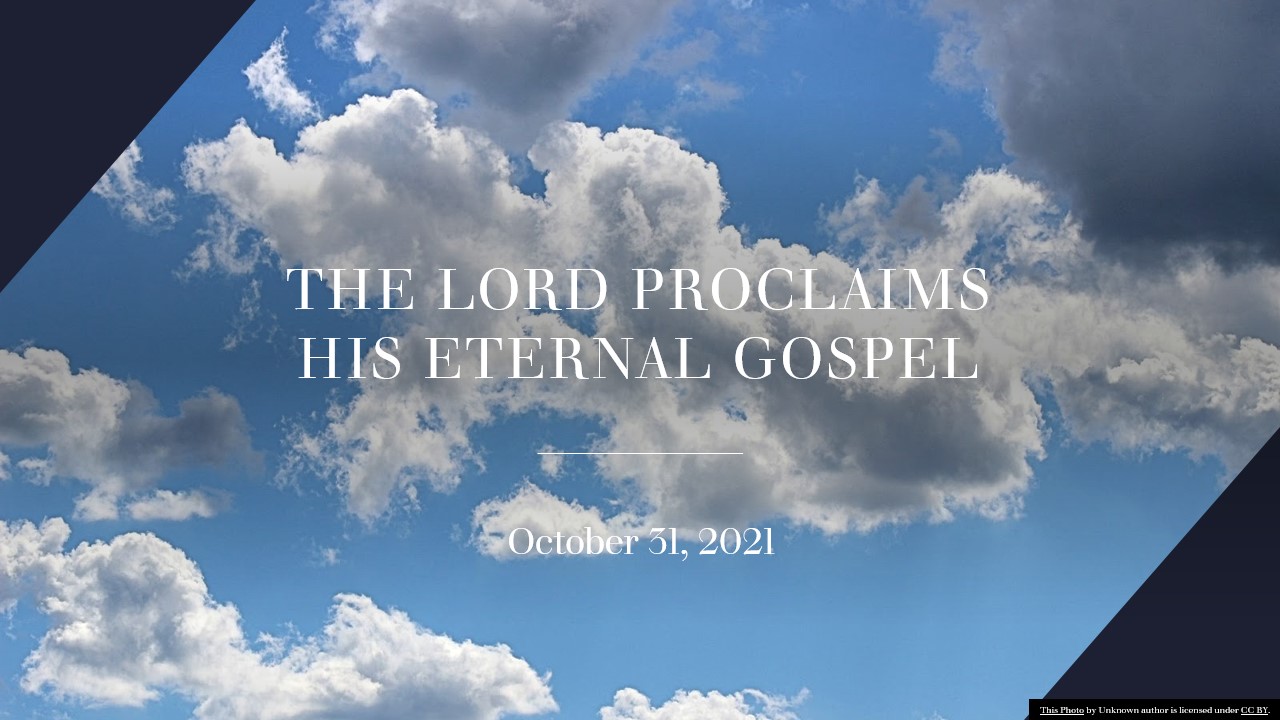
History records how the great reformer, Martin Luther, nailed his 95 Theses on the Castle Church door in Wittenberg, Germany, on October 31, 1517. To this day, confessional Lutherans, faithful to the truth of God’s word and remembering this historical event, observe this day as Reformation Sunday. By posting these Theses, Luther challenged theologians from the Roman Catholic Church to debate whether it was God-pleasing to sell indulgences. The Roman Church sold indulgences granting forgiveness of sins, reinforcing its false teaching that forgiveness came from what a person does through human works (in this case “buying” forgiveness through indulgences).
For a time, Luther had also incorrectly believed that a person earned forgiveness by what he did for God and not freely because of what Jesus did to forgive us. Then, by God’s grace through the Holy Spirit, Luther came to the correct belief that the righteousness God demands from sinners, to be “right” with God, comes freely through faith in Jesus. Luther discovered that truth from Psalm 31:1, where David prays: “In your righteousness deliver me.” Therefore, God’s Reformation wasn’t a man-made revolution. Rather, it served as a “reforming” of false teaching to the true teachings of Scripture as driven by the Holy Spirit.
Sadly, in our day, a great number of those who call themselves, “Lutheran,” because of its false teaching have lost the blessing of the Reformation. Yet, our gracious God continues to preserve faithful Lutheran Church bodies, which uphold the truth of God’s inspired, inerrant Word in the spirit and in line with the teachings as taught and upheld by Martin Luther. We call these believers “confessional” Lutherans because they still hold to the three foundational pillars of the Reformation: a person is saved “by Scripture alone, by faith alone and by grace alone” (sola Scriptura, sola fide and sola gratia).
